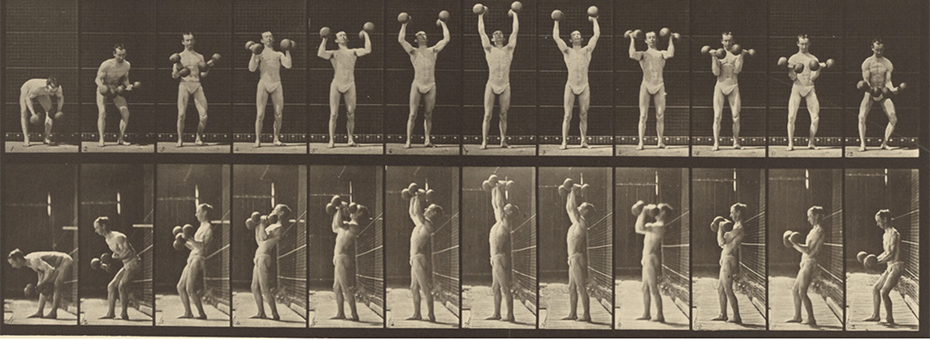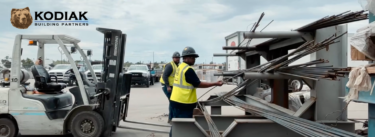The Lean Community by its nature always wants to help address society’s problems and to do so as quickly as possible. We have proven way of doing this by use of A3 analysis: Grasp the situation, identify the problem, identify the root cause of the problem, determine the potential countermeasures, determine the most promising countermeasure, run an experiment by implementing that countermeasure by means of PDCA. Check the results and draw the appropriate conclusions.
But what do we do when the essential first step – grasp the situation – is impossible for a critical problem? When, in the current case, no one knows the degree of advance of the coronavirus. When no one knows its lethality (because there is no reliable knowledge of the denominator – the number of individuals with the virus, only of the numerator — the actual number of deaths.) When no one knows about the immunity created by exposure to the virus, often without presenting symptoms. When no one knows how long the immunity lasts.
Where we can make a contribution is encouraging the lean thinkers in activities that must continue, notably healthcare and the food supply, to remain calm and take the extra minute to think what their must urgent problem is.Yet leaders (governors and mayors in the current situation) feel they must act given the magnitude of the worst-case problem. And the obvious countermeasures to try are those that have proven effective in past pandemics. So that’s where we are. We are starting with solutions, without full knowledge of their effectiveness or their appropriate magnitude and duration, because we can’t know the full nature of the problem even as the crisis deepens and we rightly fear the extreme-case risk of waiting too long and doing too little.
In this situation, which will stretch on for weeks or even months, I think we need to acknowledge that this is simply not the Lean Community’s time to make an important contribution to counter-measuring the biggest problems. And, by virtue of the counter measures now being deployed, much of the economy where lean thinkers work is shut down. Not much we can do there either when processes are not operating.
Where we can make a contribution is encouraging the lean thinkers in activities that must continue, notably healthcare and the food supply, to remain calm and take the extra minute to think what their must urgent problem is – for example, the best way to create new processes on the fly in the hospital to train staff for new responsibilities. Standardized work is always desirable in any process, but in a crisis it really helps just to make sure everyone knows what the work steps are in a new process, the flow from one step to the next, and the risks for patients and workers in performing them. Production comes first; kaizen comes later.
I try to capture this advice with a simple term: emotional heijunka. Physical heijunka is the key lean principle of leveling demand at some scheduling point in each value-creating process, with a buffer inventory at that point so that production can proceed smoothly upstream with steady pull signals. Emotional heijunka, by contrast, calls for taking a deep breath, identifying the most important problems that must be addressed in a given process, and screening out the emotional inputs we are being bombarded with – bad news, better news, worse news, horrible news, miraculously good news – so that we don’t go into the dumps or soar with false euphoria with each new input. We need to fly as straight and level as we can to shepherd key processes under our care through the turbulence. (I often find that periodically turning off all media is the key to my own emotional heijunka.)
Then, as the turbulence subsides – but no one knows when – we all need to think anew about the value creating process we participate in as we restart them. Can we recreate (or create for the first time) basic stability as we fully grasp the new situation going forward? Can we improve each process by more rigorously applying A3 analysis with PDCA? (Or, are some processes so broken or damaged that we simply need to start over? Which could be a great opportunity.) Are the “beginners’ eyes” that we gain from taking our attention away from our daily activities for a period of time useful in seeing new opportunities for improving familiar processes that we have not noticed before?
These steps surely seem modest in relation to the current world crisis. But we shouldn’t, as lean thinkers, make ourselves miserable by blaming ourselves for our limited ability to do the wonderful things we know how to do during a time of chaos when no one can plan ahead.
We at LEI, where I just rejoined the board after ten years’ absence, are trying to be helpful when we can and trying to be quiet when we can’t. But we will be here to listen to your stories and respond to your needs until the big blow is past. And the world then will need our help more than ever.






